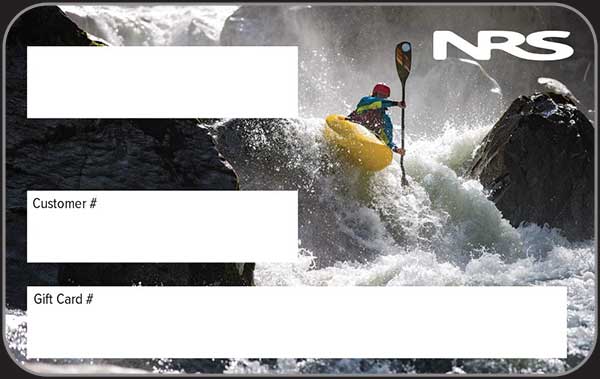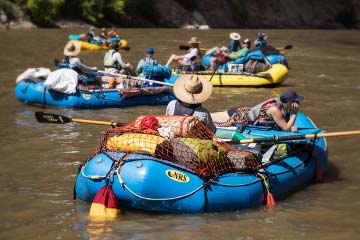Touring Kayak Safety
Due to your cookie choices, we cannot show you this content. Adjust your settings?
Touring kayak safety doesn’t have to be hard and following a few commonsense guidelines will help keep you safe as you’re learning kayaking skills. Expert kayaking instructor Ken Whiting covers important topics like good decision making, picking paddling locations and dressing appropriately for water temperatures.
Touring kayaking is really a very safe outdoor activity; taking some simple precautions can keep it that way. Assuming a conservative and safety conscious attitude will go a long way to keeping paddling fun and safe.
Alcohol and boating simply do not go together; unfortunately, alcohol is a factor in many boating accidents. First and foremost, always wear a well-fitted life jacket when you’re on the water. Choose jackets designed for kayaking; they free up your arms and have pockets and other features for kayakers.
When the water is cold, you must dress for it properly. A dangerous combination is a warm day, with cold water. It can tempt us to go out ill equipped for the conditions; always “dress for a swim.” Neoprene garments, dry tops, dry pants and drysuits can be lifesaving, and also make your paddling more comfortable. Don’t boat alone and stay close to shore in these conditions.
Motor boats and jet skis can be a real hazard. Your kayak is low profile and may not be seen by an inattentive powerboater. Keep your eyes open and avoid areas where there’s a lot of boat traffic.
Especially in your early boating choose areas sheltered from wind and waves. An ideal location has easy access for launching, lots of places for going ashore and minimal motorized boat traffic.
The ocean and large lakes can be very calm at times but be aware that these environments are very dynamic, and conditions can change very quickly. Check the weather beforehand if paddling in these areas and keep a close eye on the sky to anticipate a change in conditions.
When paddling close to shore, in warm water and calm conditions you may not need much more than a good life jacket and a whistle. Before venturing out farther and in more challenging conditions, you need to be better equipped. Please take a rescue safety course and be prepared for all you may encounter.
 NRS Gift Card: Always Fits, Always Wanted
NRS Gift Card: Always Fits, Always Wanted




